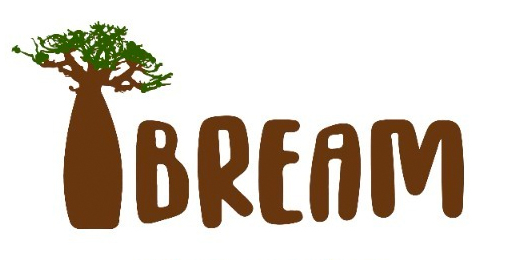Hi everyone, my name is Lisa Rijkers, a Master Animal Science student at Wageningen University & Research with a specialisation in Wildlife Ecology & Conservation. I am currently working on my master’s thesis in collaboration with IBREAM! I have gotten the unique opportunity to be involved with IBREAM’s pygmy hippopotamus (Choeropsis liberiensis), or pygmy hippo hereafter, project.

To refresh everyone’s memory and highlight why this project is of such importance: the pygmy hippo is an endangered mammal due to various factors but mainly the diminishing of their habitat in the Upper Guinean Forest in West Africa. The estimate of alive individuals in the wild is around 2000 to 2500. Additionally, there is also little known about the pygmy hippo’s biology and ecology because it is such an elusive and mysterious animal thanks to its semi-aquatic, solitary and predominantly nocturnal lifestyle. Thus, there is still much knowledge to gather about the pygmy hippo in order to conserve this fascinating species. Many years of research have already been put into researching the pygmy hippo but now IBREAM decided to choose another new and exciting medium to research the pygmy hippo. This new medium is no other than one of our most beloved house pets: the dog! Dogs have already been used for over 100 years in order to detect narcotics, explosives, missing persons, diseases, but now they are also being deployed for conservation purposes. We are hoping to use the dog’s naturally incredible sense of smell in order to locate pygmy hippo in Taï National Park, one of the last strongholds for pygmy hippo. So with no further ado, meet Boyd our conservation detection dog!

Boyd is a springer spaniel brought up by Wesley Visscher (Scent Imprint Conservation Dogs). Both Boyd and Wesley already have lots of experience in the detection field making the training to search for pygmy hippo go way smoother. I am helping in training Boyd to locate pygmy hippo odour and scat above and below water (due to the pygmy hippo’s semi-aquatic lifestyle). I have collected odour samples for the training of Boyd from pygmy hippos from all Dutch zoos in the Netherlands that have pygmy hippo’s in their collection. Boyd is being trained to pick up pygmy hippo scent from a boat and navigate us to the source of the scent (kind off like a compass would do!). Additionally, Boyd is also being trained to search on land for pygmy hippo. Soon, we will do some final tests with Boyd to make sure he is ready to continue our next exciting adventure, namely flying to Ivory Coast and search for wild living pygmy hippo in Taï National Park! This expedition will take place in June and July and hopefully we will be able to return with great results in order to help protect the pygmy hippo. Conservation detection dogs could give us great insight into exactly where pygmy hippo are residing in Taï National Park and also give us insight into the population numbers. Hopefully, this project will be able to kickstart more exciting research in Taï National Park using conservation detection dogs in order to save and protect the pygmy hippo, and get to know more about their way of living.
Stay tuned since more exciting updates are to come!


